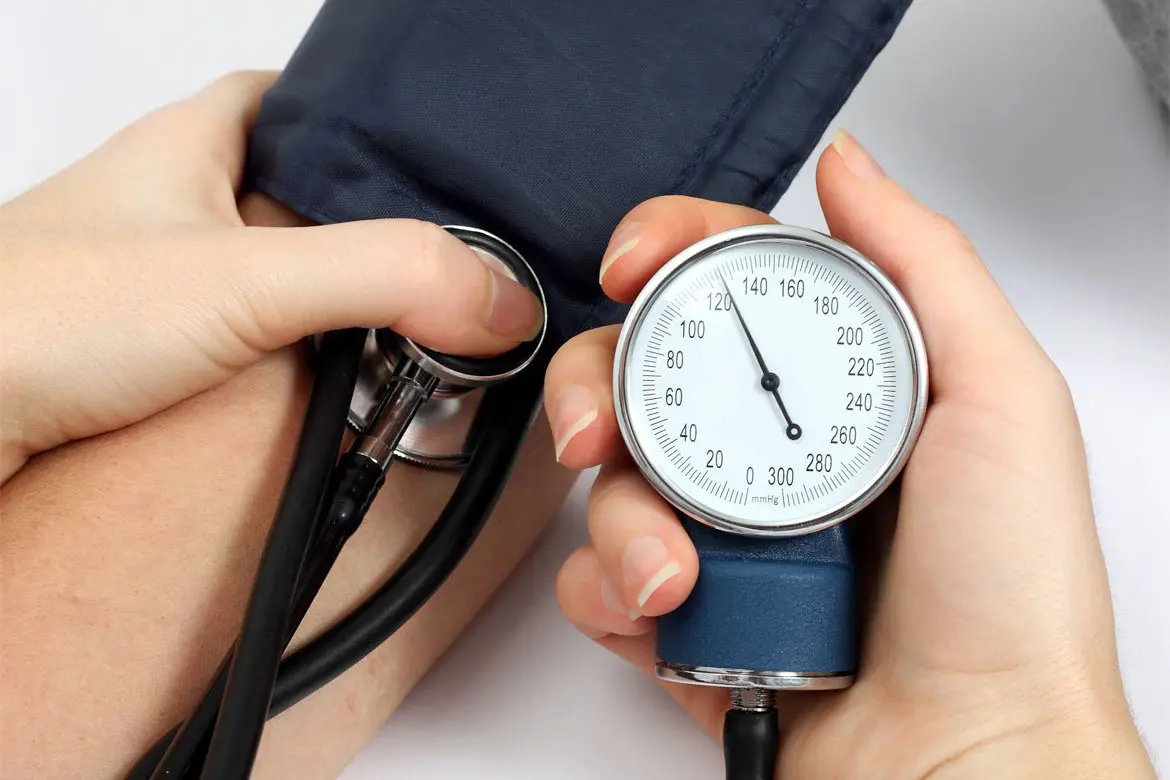Dr Wong Cheok Keng Kelvin
Cardiologist


Source: Shutterstock
Cardiologist
Blood pressure, as the name suggests, is the measure of the force of blood pushing against the blood vessel walls.
Your blood pressure reading is a reflection of the amount of blood your heart pumps (stroke volume) and the amount of resistance to blood flow in your arteries.
The reading is given in millimetres of mercury (mmHg) and has two numbers. The first number is called the systolic pressure (peak pressure) and the second, diastolic pressure (the trough reading).
According to American guidelines, blood pressure readings fall into several categories:
There are 2 types of high blood pressure:
Most adults have no identifiable cause of high blood pressure. This type of high blood pressure is known as primary or essential hypertension. It tends to develop gradually over many years.
In some people, their high blood pressure is caused by an underlying condition. This type of high blood pressure is called secondary hypertension. Some of the conditions and medications that can lead to secondary hypertension, include:
As such, high blood pressure, also called hypertension, simply means that the heart is working extra hard to pump blood around the body. This may cause thickening and weakening of the heart muscle over time. It is also associated with hardening of the arteries, resulting in stroke and heart attack.
In Singapore, the situation is similar to many developed countries in terms of numbers. Slightly less than 25% of Singapore residents aged 30 – 69 have hypertension. But by the time the average Singaporean reaches the 60 – 69 year age group, more than 50% have high blood pressure.
But what are the most common hypertension causes? According to Singapore's Health Promotion Board, in 95% of cases, hypertension causes are unknown.
The following are risk factors for high blood pressure.
Kidney diseases are one of the more common causes associated with high blood pressure.
Diabetes can damage arteries and cause the walls of the blood vessels to harden. That can cause high blood pressure, which if not treated, can increase your chance of developing heart disease, a stroke and other complications.
Body mass index (BMI) is positively correlated with hypertension, especially if more than 25.
You are what you eat, and that is certainly the case when it comes to high blood pressure. Consuming processed or pre-packaged foods, or even adding too much salt, will boost your sodium intake. In Singapore, where the average person consumes 60% more sodium than the recommended amount, this should be a cause for concern.
Sometimes, hypertension runs in the family.
Most people with high blood pressure show no signs or symptoms. In some people with severe high blood pressure (a hypertensive crisis), the following might be seen:
Blood pressure is best measured at rest in a quiet environment, using a monitor that consists of an inflatable arm cuff and a pressure-measuring gauge.
Your blood pressure reading should be taken at least every 2 years starting at age 18. If you are 40 years or older, or aged between 18 and 39 with a high risk of high blood pressure, a reading should be taken every year.
Your doctor will likely recommend more-frequent readings if you have been diagnosed with high blood pressure or if you have other risk factors for cardiovascular disease.
Visit your doctor for a routine health check-up and get your blood pressure reading taken.
You can also monitor your blood pressure at home, especially to confirm if you have high blood pressure or to check if your blood pressure medications are working.
Home blood pressure monitors are widely available and can be purchased from pharmacies and other shops that sell medical devices. When purchasing a monitor, make sure it is a validated device. You can ask your doctor or pharmacist for advice if you are unsure. Also check that the cuff is the right size for your arm.
Follow these steps to take accurate blood pressure readings at home:
For your peace of mind, talk to one of our heart specialists today or read about how to make healthcare insurance claims to cover your hospital bills.